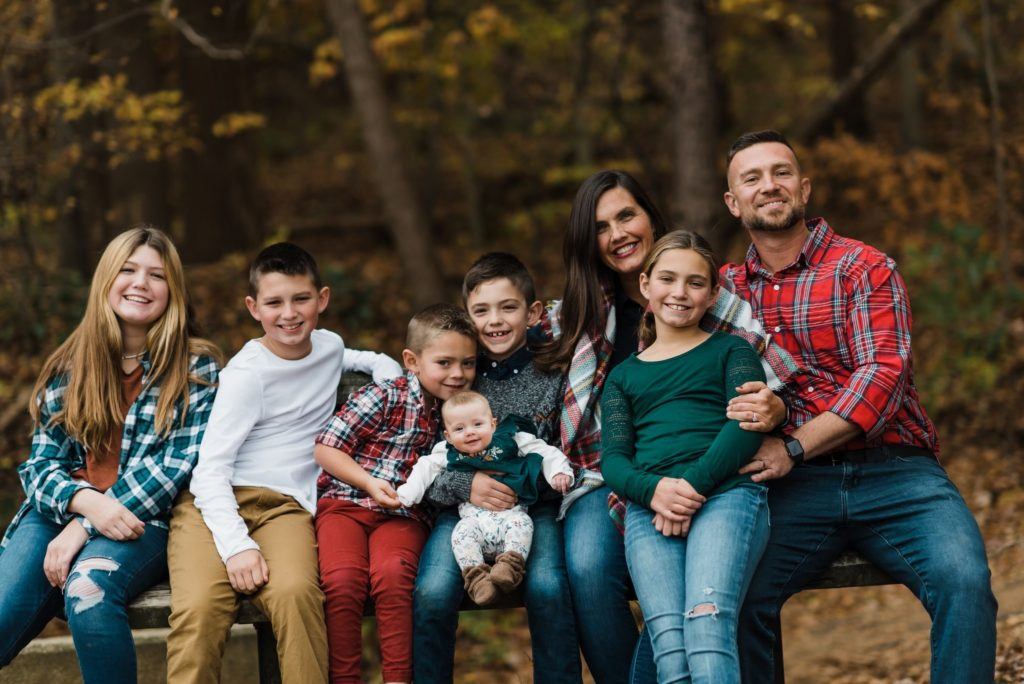
NASHVILLE (BP) – A Southern Baptist ethics leader is calling for men to step up and take responsibility for their sexual conduct and the role they play when a decision to abort a baby is on the table.
Kenneth Magnuson is a professor of Christian ethics at Southwestern Baptist Theological Seminary and the executive director of the Evangelical Theological Society.
He spoke to Baptist Press about how the broader society’s view of abortion has allowed an easy way out for irresponsible men.
“Since the Casey decision in the 1990s, women in the country have been shaped by the idea that abortion is a right. This leads men to almost expect women to get an abortion. It has become a convenient way for men not to step up, and allowed the fiction of responsibility-free sex to exist.”
Regardless of the culture’s view, he said men taking responsibility supersedes any related legislation.
“There are different physical results of procreation, and this has become a way to let men off the hook in a way,” Magnuson said.
“We need men to be responsible for the results of their actions. We wouldn’t need laws to be put in place if men would take up this responsibility. At the very least, men in the church should be informed about the issue and take responsibility for pregnancies.”
Some of the practical ways Magnuson said Christian men can positively bring about change is by demonstrating sexual integrity, serving as protectors of women rather than predators and speaking truth about abortion.
He offered encouragement for those who have regrets.
“For any woman or man that has been involved with an abortion, this does not define you,” Magnuson said. “There is forgiveness and God’s grace is there. The Church needs to offer hope and let people know they are not beyond it.”

Pastor Garrett Kell is an example of that hope and forgiveness. Kell pastors Del Ray Baptist Church in Alexandria, Va.
Before becoming a Christian, Kell lived a life that he says was marked with relationships that dishonored God. At one time, a girlfriend became pregnant, and the two faced a decision.
“Neither of us felt ready to raise a child,” Kell said. “In hindsight, she wanted to know if I would marry her and be there to walk with her and the child and I was not ready for that.”
The two decided to get an abortion, but Kell said even as a non-Christian he had a bad feeling about the situation.
“We both cried, and I don’t even think we knew why,” Kell said. “I think I knew deep down there was something wrong with what we were doing, but I certainly didn’t have a clear thinking about it or had given consideration to this being a life. Afterwards, I felt guilty in my conscience about what happened.”
A few months later, Kell would come become a Christian through the witness of a friend. The reality of both what he had done, and what he had been forgiven of began to set in over time.
“One of the things I was convicted of early on of things I needed to ask God for forgiveness was the realization that I had a role in ending our child’s life,” Kell said.
“The more I learn about biology and regarding it being a life, the more clarity I have regarding what I have been forgiven from. It has been more humbling, sobering and indebted me more to God’s grace. There is much mercy in Christ.
“Coming to Christ turns the light on regarding this issue. It gives clarity that this is not just some medical procedure … this is the intentional ending of a life of a person who has rights.”
He spoke to the evil that men commit when they disregard responsibility.
“Men often don’t do well with the responsibility of the results of their actions, just because pregnancy does not affect them in permanent and more direct way as it does women,” Kell said. “This can allow them to be weak, unloving and cowardly. It is a wicked thing to do.”
Kell told Baptist Press his church knows this part of his story, and he believes churches need to normalize conversations about it so that people who have sinned in this way can find forgiveness.
Men, specifically, need to model the love of Christ.
“There should be a general willingness among men to help, serve, aid, respect and protect women,” Kell said. “Abortion is uniquely a woman’s issue, but it is not only a woman’s issue. The culture needs to be one that doesn’t reward cowardice and passivity. We need to establish a culture of responsibility among young men to have courage, tenderness and love.
“We need to disciple them to reflect Christ to their lives, and Christ is always good to his bride, and his love is a committed love. I think the way you do this is to be a church that magnifies Jesus, and Christ is seen for who He is.”
















